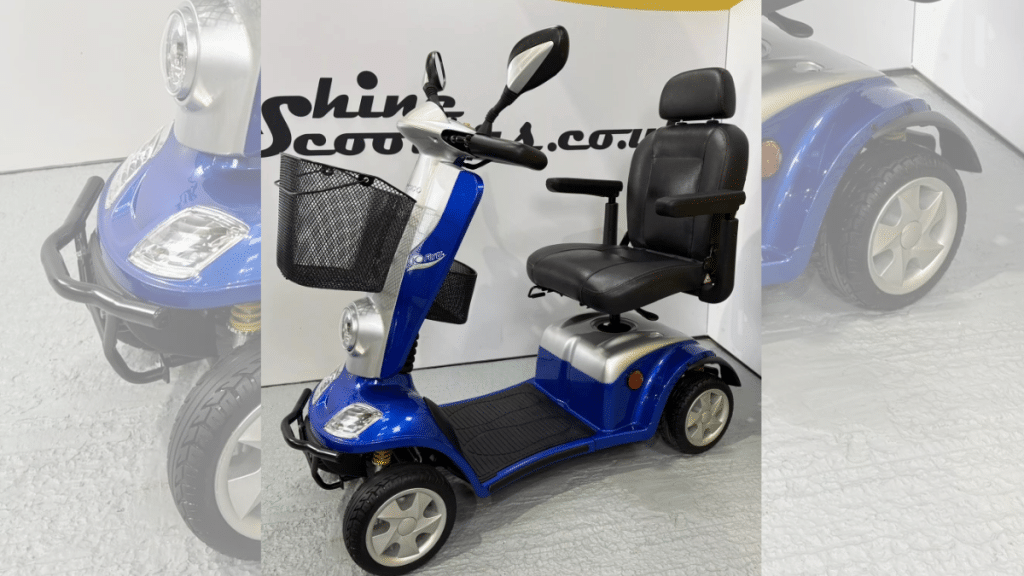For thousands of people across the UK, getting out and about isn’t as simple as hopping on a bus or strolling to the shops. Mobility issues, whether due to ageing, illness, or disability can turn even basic tasks into exhausting challenges. That’s where mobility scooters come in, offering a vital lifeline that allows people to maintain their independence.
Yet, despite their growing presence on our streets, mobility scooters still carry a stigma. Some see them as a sign of frailty rather than freedom. But as our population ages and accessibility takes centre stage in urban planning, it’s time to reframe the conversation.
A Lifeline for Many
We often underestimate how important mobility is until it’s taken away. Whether it’s arthritis, MS, or recovery from an injury, losing the ability to walk long distances can feel isolating. Studies have shown that reduced mobility increases the risk of mental health issues such as depression and anxiety, as well as physical problems like muscle deterioration and obesity.
Mobility scooters bridge the gap, allowing people to continue socialising, running errands, and enjoying the outdoors. “It’s given me my life back,” says Margaret, 72, from Birmingham. “I can meet friends for coffee, pop to the shops, and even go on day trips—things I thought I’d lost forever.”
The Changing Face of Mobility Scooters
Gone are the days of clunky, awkward mobility aids. Modern scooters are sleek, efficient, and packed with features that make them a joy to use. There’s now a wide variety available, from compact travel scooters perfect for city living to robust road-ready models built for longer journeys.
Specialist providers like Sunshine Scooters are ensuring that people can find the right model for their needs, whether they require a lightweight scooter to fit in a car boot or a high-powered option for tackling rougher terrain.
Overcoming the Stigma
So why do some people still hesitate to use mobility scooters? Part of the issue is the outdated perception that they’re only for the very elderly or those with severe disabilities. In reality, they’re used by a diverse range of people—young and old, those with visible and invisible conditions alike.
“There’s no shame in needing mobility support,” says David, 58, who has used a scooter since developing a chronic pain condition. “People wouldn’t think twice about using a car or a bike to get around, so why is a scooter any different?”
A More Accessible Future
The good news is that attitudes are shifting. As more towns and cities improve accessibility—adding ramps, widening pavements, and making public transport more scooter-friendly—mobility scooters are becoming an accepted part of everyday life.
It’s a change that benefits us all. With an ageing population, more of us will face mobility challenges at some stage. Ensuring that people can continue living independently for as long as possible isn’t just a matter of convenience—it’s essential for public health and wellbeing.
Time to Embrace Mobility, Not Fear It
As technology improves and accessibility becomes a greater priority, mobility scooters will only become more common. And that’s something to celebrate.
Ultimately, mobility scooters aren’t a symbol of decline—they’re a tool for independence. And isn’t that something we should all be encouraging?
